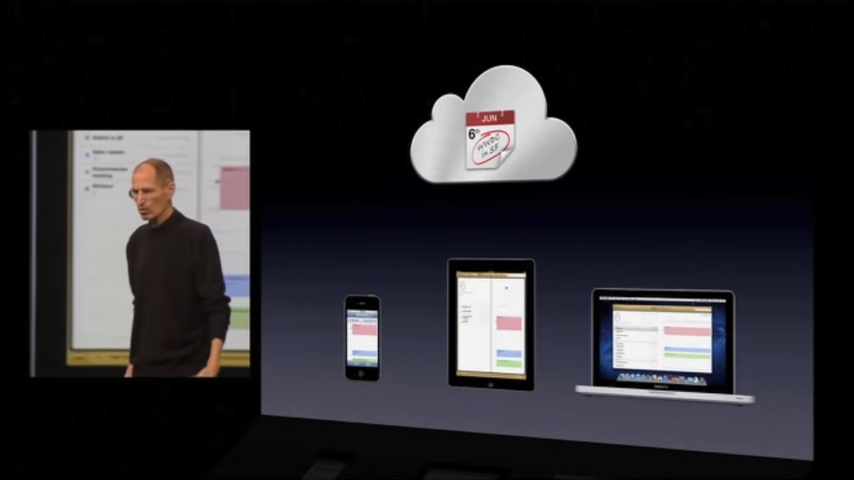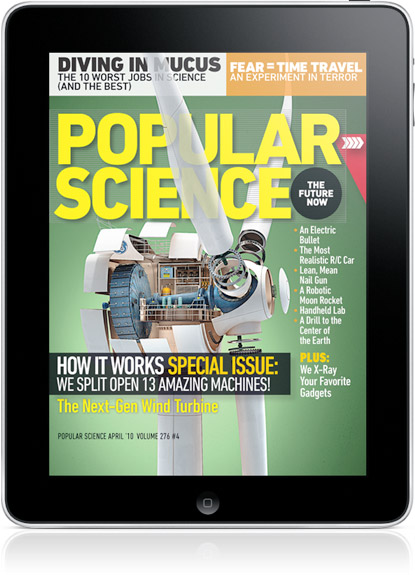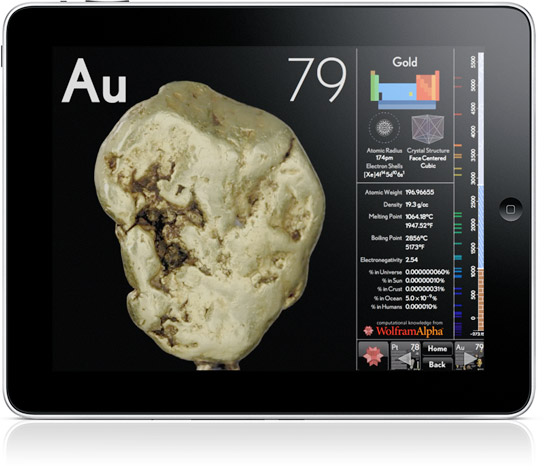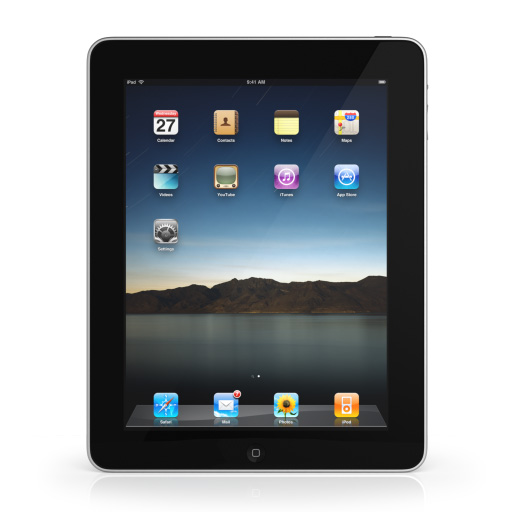In one of our earlier articles on the history of Apple, we mentioned, among other things, how the new iPad surprised almost everyone with its arrival. Bill Gates, however, according to his own words, was not particularly excited by the new apple tablet, and Gates made no secret of it.
It could be interest you

Gates commented on the first-ever iPad two weeks after Steve Jobs first introduced it to the public. Shortly after its official unveiling, Apple's first tablet caused another stir when Stephen Colbert used an unsold piece to read out the nominations during the Grammy Awards.
At that time, Bill Gates was much more devoted to philanthropy than to technology, since he had resigned from the position of CEO of Microsoft a full decade earlier. Still, it was no surprise that one of the journalists asked him about the latest addition to Apple's product portfolio. That journalist was long-time technology reporter Brent Schlender, who, for example, conducted the first joint interview between Jobs and Gates in 1991. Gates had some personal investment in the tablet concept, as Microsoft had helped pioneer a form of "tablet computing" years before - but the result was not met with too big a commercial success.
"You know, I'm a big fan of touch and digital reading, but I still think some mix of voice, pen and actual keyboard — in other words, a netbook — is going to be mainstream in that direction," Gates said at the time. "So it's not like I'm sitting here feeling like I did with the iPhone, where I'm like, 'Oh my God, Microsoft didn't aim high enough.' It's a nice reader, but there's nothing on the iPad that I look at and say, 'Oh, I wish Microsoft would do that.'"
In some ways, it's easy to judge Gates' comments harshly. Viewing the iPad as a mere e-reader certainly ignores much of what made it Apple's fastest-selling new product a few months later. His reaction is reminiscent of Microsoft CEO Steve Ballmer's infamous iPhone laugh or Gates' own prediction of doom for Apple's next best-selling product, the iPod.
Yet Gates was not necessarily entirely wrong. In the following years, Apple worked to improve the iPad's functionality, including the addition of the Apple Pencil, a keyboard, and voice-controlled Siri. The idea that you can't do real work on an iPad has mostly disappeared by now. Meanwhile, Microsoft went further (albeit with less commercial success) and merged its mobile and desktop/laptop operating systems.





